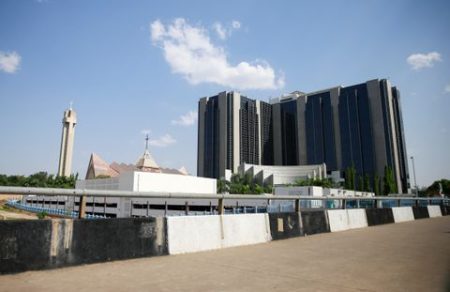
09 July 2015, Lagos – The Central Bank of Nigeria, CBN, has said it spent $949 million (about N186.91 billion) on foreign exchange for the importation of wheat and fish between January and May 2015.
Speaking at the private sector dialogue on foreign exchange policy organized by the Lagos Chamber of Commerce and Industry, LCCI, yesterday in Lagos, the director of Monetary Policy, CBN, Mr Moses Tule, said the inclusion of some imported goods and services on the list of items not valid for foreign exchange in the Nigerian foreign exchange markets was meant to improve local production.
The forum offered stakeholders an opportunity to engage the CBN on the recent foreign exchange policies, especially the new list of items excluded from the foreign exchange market, the limitations imposed on the use export proceeds and related issues.
Sharing CBN’s perspectives with stakeholders on its policy choices with regard to the management of the foreign exchange market, Tule said between January and May this year, CBN spent $575 million on the importation of wheat, $374 million on fish importation and $349 billion on electrical and electronics.
“Some of the items on the list are what we can produce in this country. With the level of unemployment we have in the country, CBN must ensure that the economy survived and private sectors create jobs,” he said.
Managing director and chief executive officer, Coleman Wires and Cables, Mr. George Onofowokan, said CBN’s decision could lead to unemployment in the country.
He noted that “lack of definition of items” by CBN could cause the wires and cables industries close their shops, adding that banks denied them foreign exchange to import what could not be produced locally.
“There is a particular type of wire whereby only two companies produce throughout the continent, we cannot produce it here and we need it to survive,” he said.
“For instance, under the list in item 20 (wire and rods), there is no definition and banks are rejecting our application for foreign exchange. We are of the view that some of the products listed are not defined; indirectly, the whole wire industry will shut down and people will lose their jobs.”
On his part, the president of LCCI, Alhaji Remi Bello, said a major concern in the business environment in the last couple of months was the volatility of the exchange rate.
“The consequences have been profound, especially for companies with high foreign exchange exposure. It has posed serious challenges for planning in many enterprises,” he noted.
*Olushola Bello



